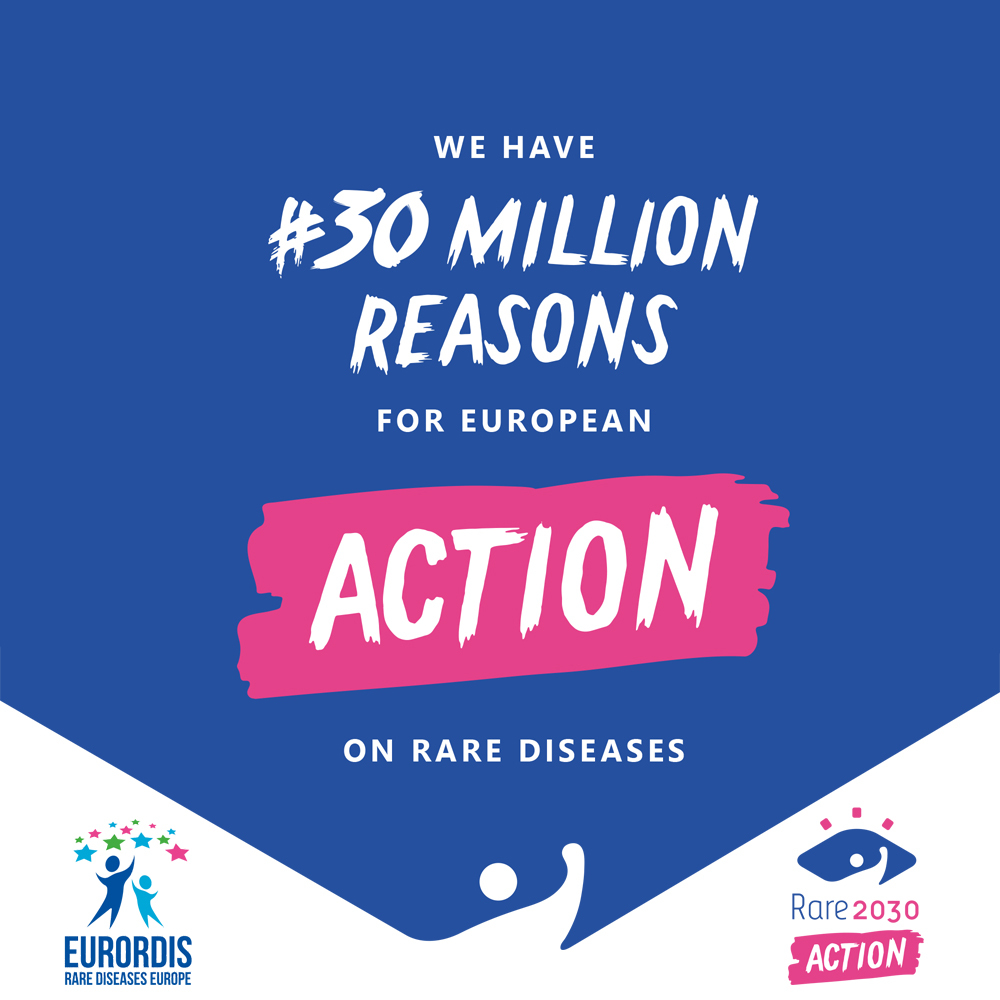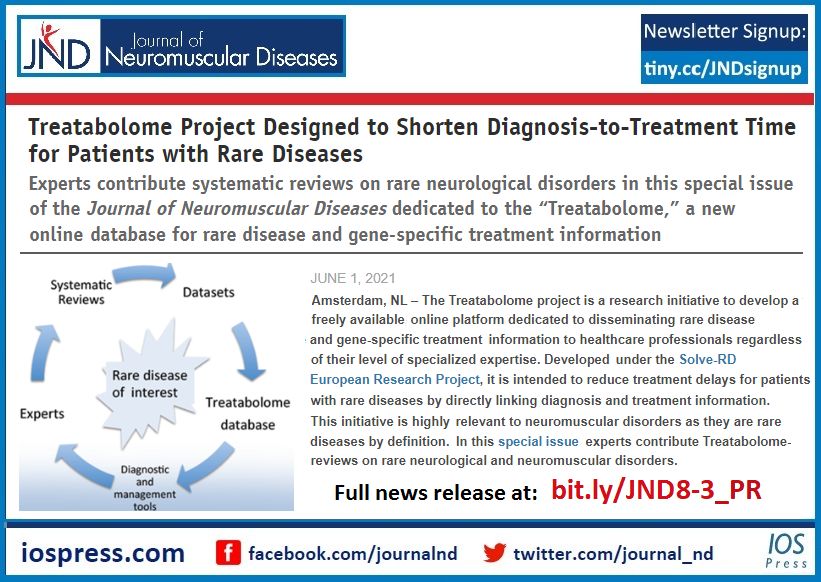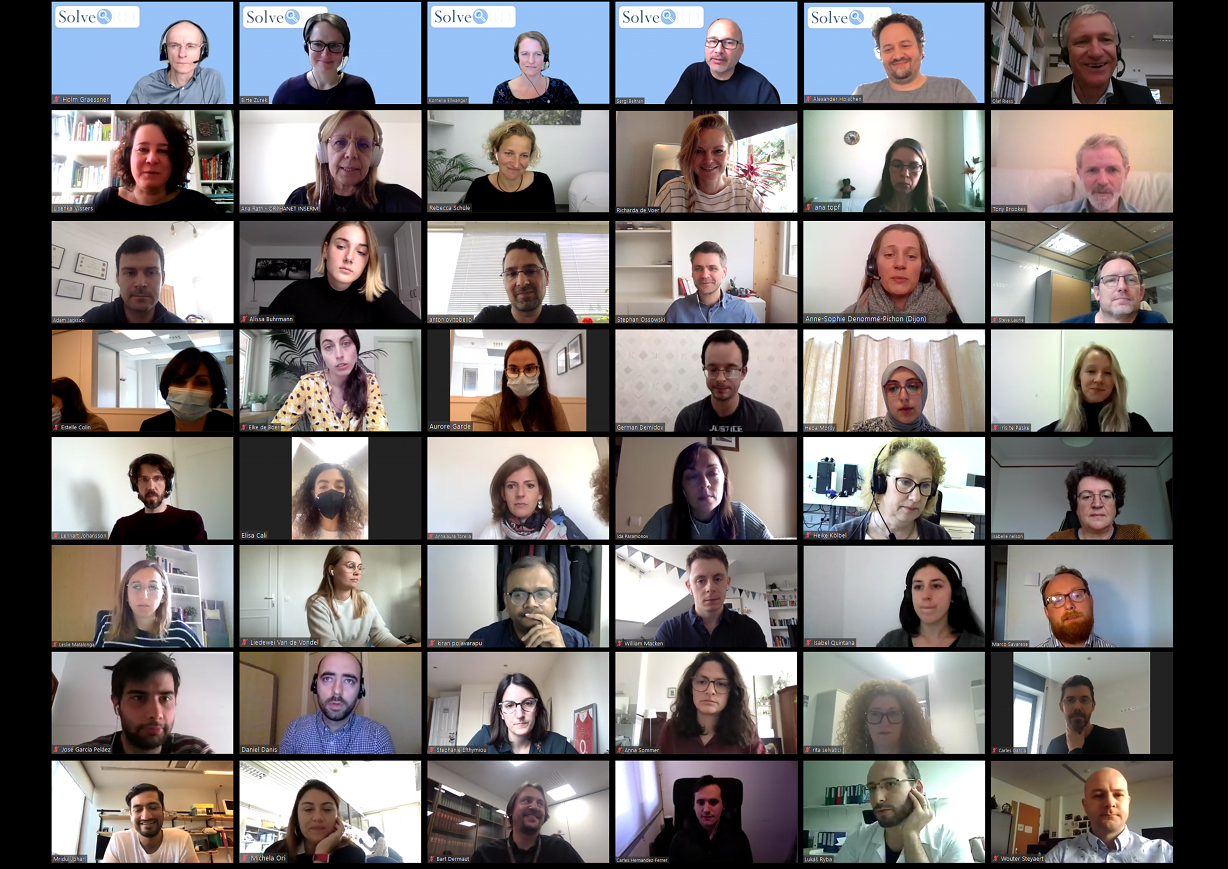
EJP RD Fellowship experience in Bonn, Germany
Núria Dueñas, a medical oncologist and PhD candidate at the Catalan Institute of Oncology (ICO/IDIBELL) in Barcelona, spent 6 weeks at the Institute of Human Genetics of the University Hospital Bonn, Germany to conduct research with Solve-RD partner Stefan Aretz. They investigated whether different hereditary colorectal cancer risks can be in part attributable to the accumulation of low-risk SNPs in patients with Lynch syndrome. Her stay was supported by the EJP RD fellowship program.
Núria Dueñas is a medical oncologist with a special interest in cancer genetics and hereditary cancer. Since 2018, she works as a physician in the Hereditary Cancer Program of the Catalan Institute of Oncology (ICO/IDIBELL) in Barcelona and as a PhD student co-supervised by Marta Pineda and Joan Brunet. In the past years, she focussed on hereditary colorectal cancer (CRC) and Lynch syndrome (LS). Her PhD project is on risk estimation and phenotype-genotype correlation in LS.

In LS, as in other hereditary cancer predisposition syndromes characterized by incomplete penetrance, one of the main challenges is to identify which risk-modifying factors may be modulating the expression of the oncological disease. Common low-risk alleles (SNPs) for CRC can be integrated in Polygenic Risk Scores (PRS) which have been shown to model CRC risk in the general population as one type of genetic risk modifiers, but to date their effect on CRC risk in LS individuals is still largely unknown.
Núria spent 6 weeks at the Institute of Human Genetics of the University Hospital Bonn, Germany in the group of Stefan Aretz. They investigated whether different CRC risks can be in part attributable to the accumulation of low-risk SNPs in LS individuals. In particular, Núria gathered and aggregated clinical data of the LS cohort in Bonn (n=500) and supported the biostatistics team in Bonn to apply the Barcelona PRS pipeline. This collaborative project continues now that she is back in Barcelona through the application of additional models to calculate the PRS. Also, a meta-analysis combining the two populations included (Bonn and Barcelona) will be conducted. The collaborative study will hopefully lead to a first publication of the findings; follow-up projects are already planned.
The EJP-RD mobility fellowship has been a unique opportunity for Núria. She said: “Collaborating with professionals from different specialties and different countries has helped, not only to generate new knowledge in translational research and in the development of research projects but also to learn different ways of approaching scientific research”. Moreover, she has had the chance to refresh her German speaking skills – at least to order food and drinks by herself. And she was able to enjoy the rainiest summer of her life!





